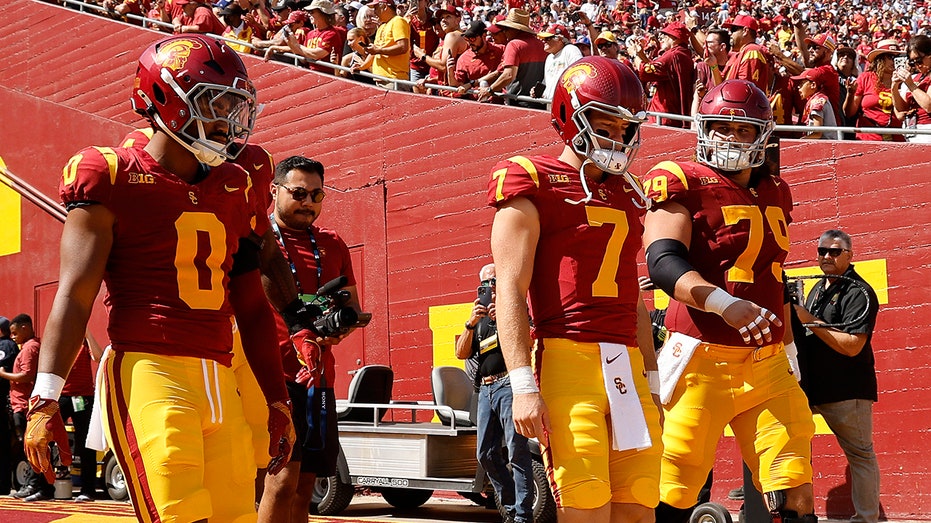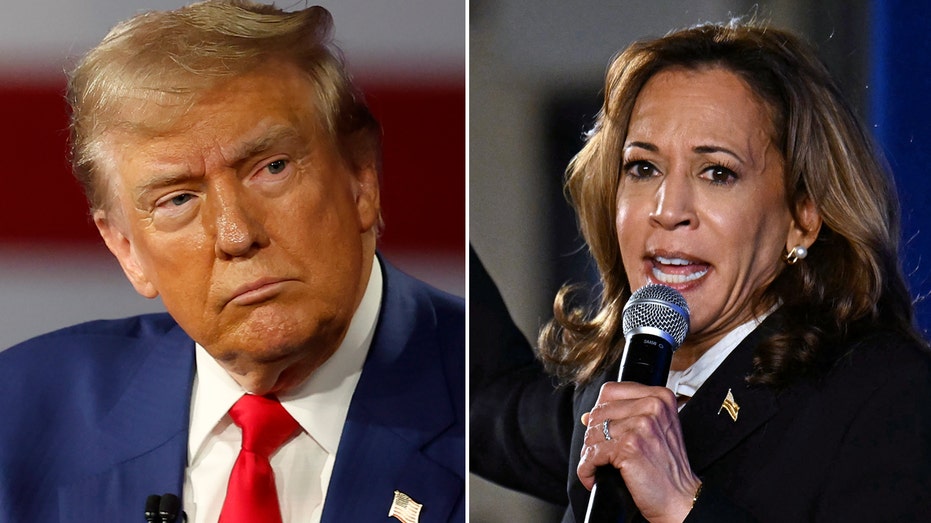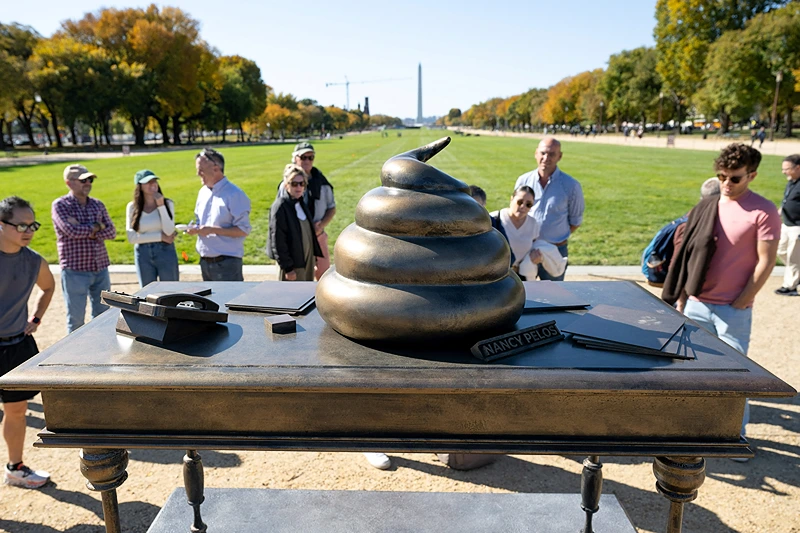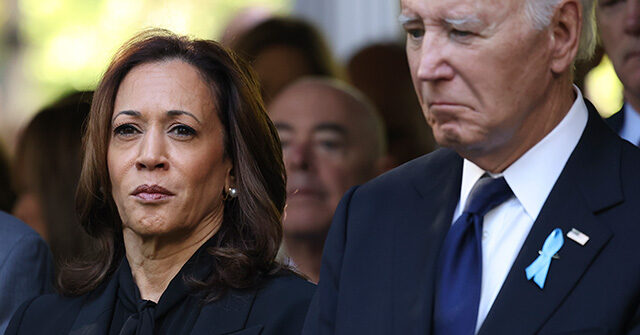Federal judge rules on NYC congestion pricing; interpretation differs between parties
A U.S. District Court Judge in New Jersey ruled on New York's plan to impose congestion pricing in Manhattan, though the interpretation differs between both parties in the suit.
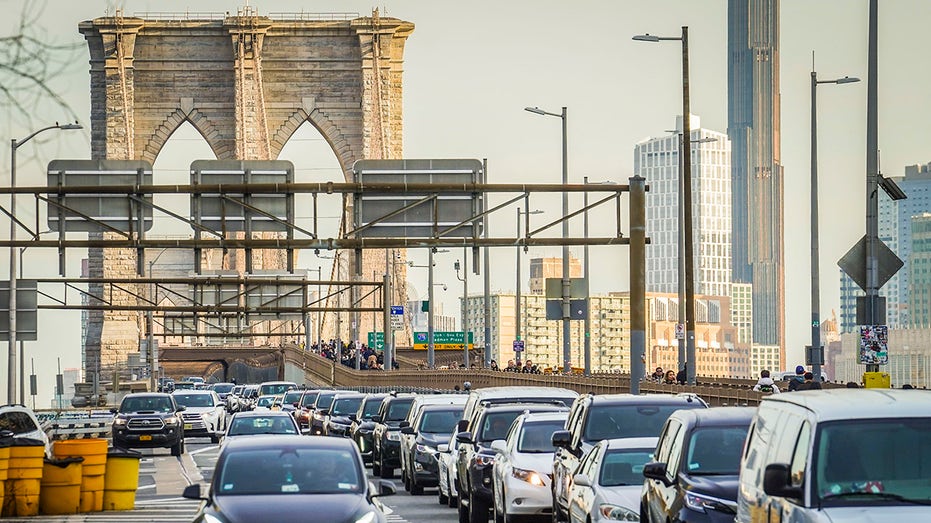
A federal judge issued a partial ruling on Monday in the battle between New York and New Jersey over New York City’s controversial congestion pricing, finding the Empire State took most of the necessary steps to impose a plan to charge a toll on drivers entering the center of Manhattan.
The judge overseeing the case, U.S. District Court Judge Leo M. Gordon, also called on the Federal Highway Administration (FHWA) to review and provide an explanation of certain aspects of the congestion pricing program.
While Gordon asked the FHWA for more information, he did not explicitly state whether the program should proceed as planned on Jan. 5, 2025.
Despite this, officials from New York and New Jersey claimed victory after Gordon issued his decision.
MTA BOARD APPROVES DEMOCRATIC GOV. HOCHUL'S MASSIVE NYC CONGESTION PRICING TOLL REBOOT
"The program will move forward this weekend," New York Gov. Kathy Hochul said.
Also weighing in was Metropolitan Transportation Authority (MTA) Chair and CEO Janno Lieber, who said the MTA is "gratified" with Gordon’s decision.
"We’re gratified that on virtually every issue, Judge Gordon agreed with the New York federal court and rejected New Jersey’s claim that the Environmental Assessment approved 18 months ago was deficient," Lieber said. "Most important, the decision does not interfere with the program’s scheduled implementation this coming Sunday, January 5. On the two remaining issues where the Judge requested that the Federal Highway Administration (FHWA) provide additional data – information that was not yet before the Court in this proceeding – we’re confident that the subsequent Federal actions, including the approval of the revised, reduced toll rates, did put those issues to rest."
NY'S DEM GOVERNOR INDEFINITELY HALTS CONGESTION PRICING PLAN, PUTTING PARTY OVER CLIMATE
Despite Hochul and the MTA declaring a win in imposing the congestion pricing, Attorney for the State of New Jersey Randy Mastro interpreted Gordon’s decision differently, in that congestion pricing is on hold pending further clarification from federal officials.
"We welcome the court’s ruling today in the congestion pricing lawsuit. Because of New Jersey’s litigation, the judge has ordered a remand, and the MTA therefore cannot proceed with implementing the current congestion pricing proposal on January 5, 2025," Mastro said. "The judge determined that the Federal Highway Administration acted arbitrarily and capriciously in approving the MTA’s plan, that the FHWA's decision provided no rational explanation of mitigation commitments, that New York changed its tolling scheme significantly after it gained federal approval, and that more consideration is needed before the current congestion pricing proposal may take effect.
"New Jersey remains firmly opposed to any attempt to force through a congestion pricing proposal in the final weeks of the Biden Administration," he added. "There could not be a worse time to impose a new $9 toll, escalating over time to $15, on individuals who are traveling into downtown Manhattan for work, school, or leisure."
NEW YORK GOV. KATHY HOCHUL CALLS TRUMP SUPPORTERS ‘CLOWNS’ IN HER OWN 'BASKET OF DEPLORABLES' MOMENT
According to the judge’s decision, the FHWA has until Jan. 17, 2025 to provide feedback.
Last month, the MTA approved Hochul’s congestion pricing in a 12-1 vote.
Congestion pricing would commence in January, and institute a video-enforced toll on newly-built gantries surrounding the city’s core. Traffic moving below 60th Street and Central Park, and entering from New Jersey, Brooklyn or Queens — except for via the RFK Triboro Bridge and George Washington Bridge — would be subject to the toll.
Hochul previously said she would like to see a slightly lower price point than the original $15 — around $9, citing inflation — and Lieber suggested he was open to seeing whether a lower toll could achieve the same revenue goals.
Ultimately, the MTA agreed to a phased-in congestion pricing plan that will result in Manhattan drivers getting hit with a higher-priced toll by 2031.
President-elect Trump has indicated his intentions to scrap congestion pricing once he returns to the Oval Office on Jan. 20, 2025, a move that could be more complicated if the program is already in place.
What's Your Reaction?









